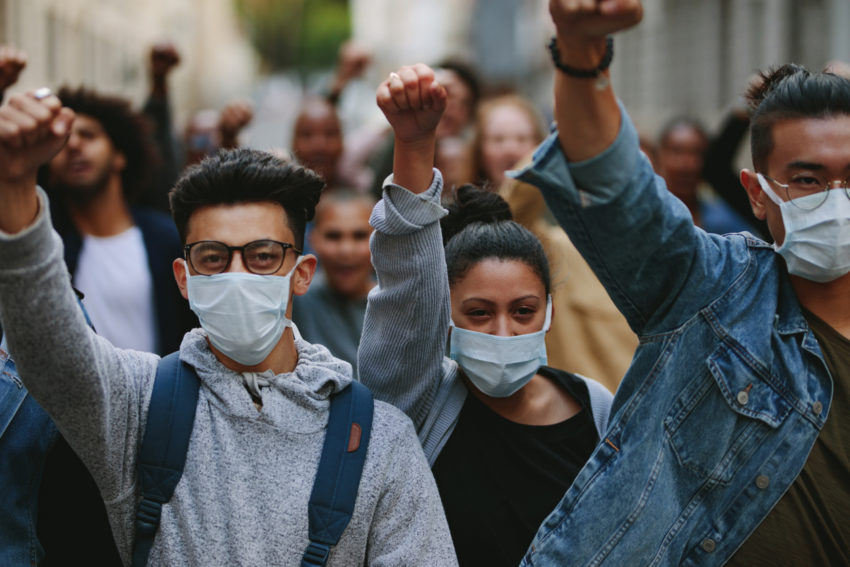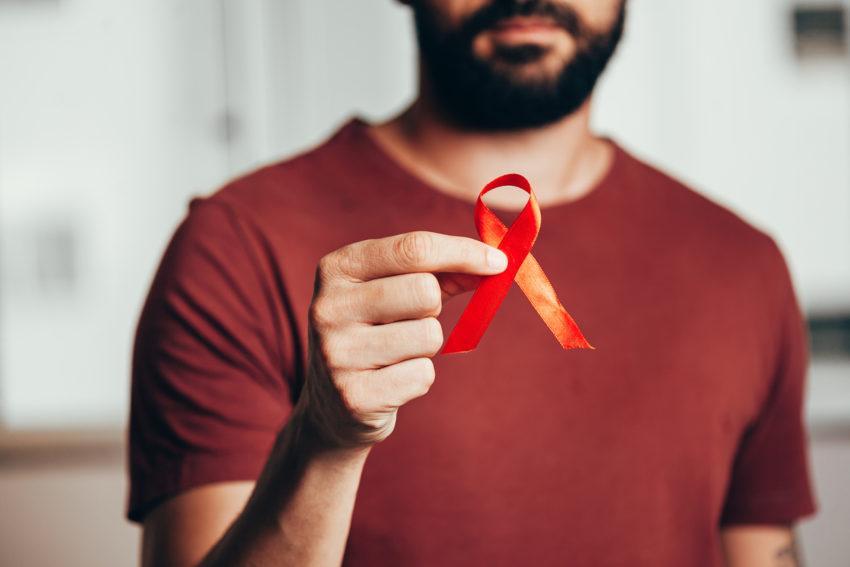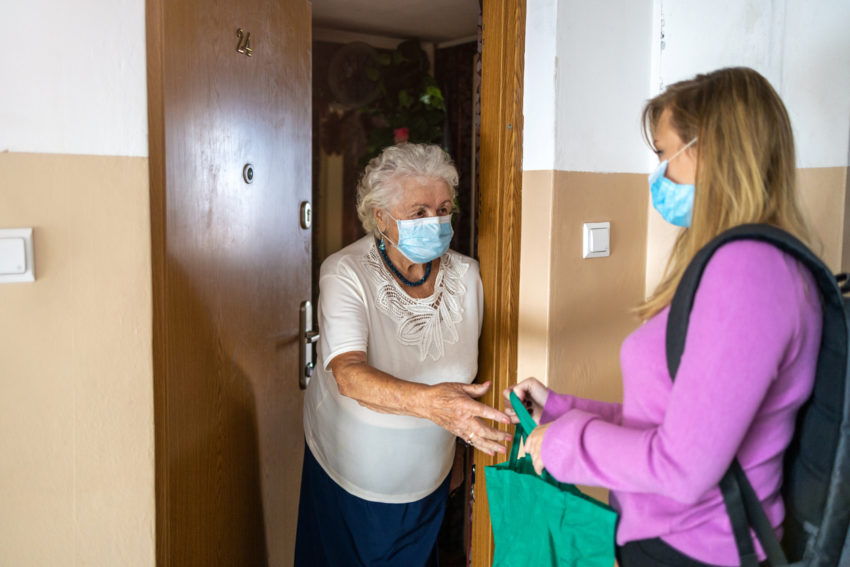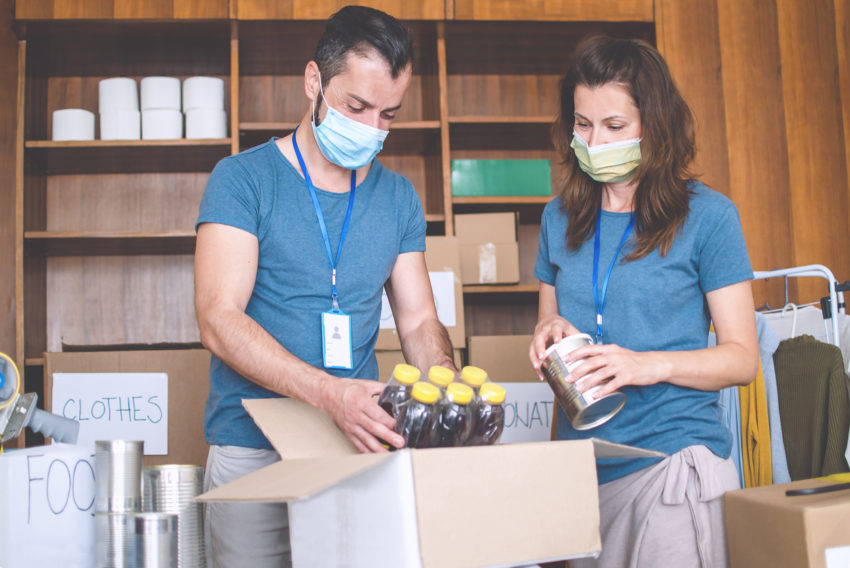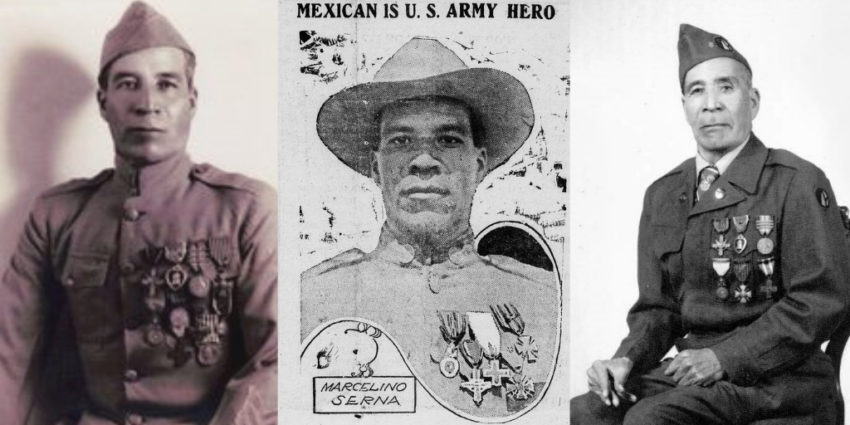How Latinos Can Avoid Disinformation During Election Season
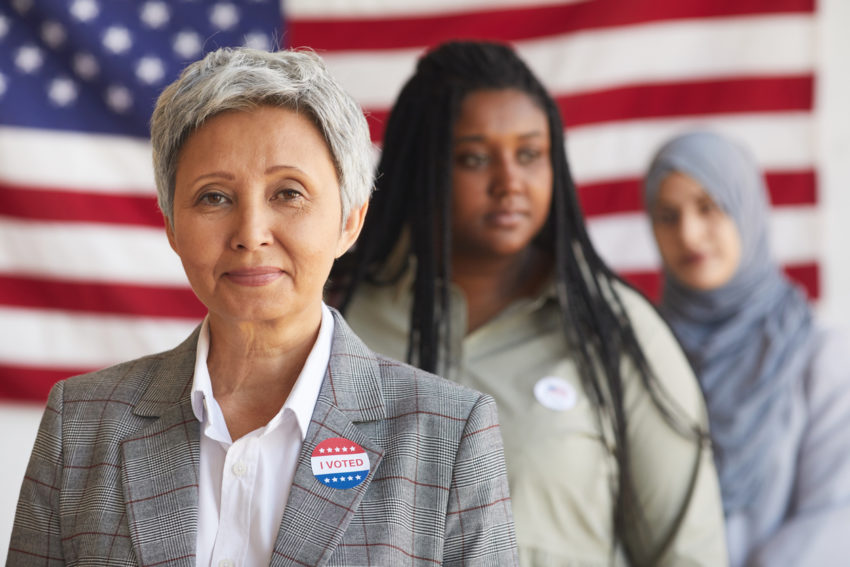
Fake news. Alternative Facts. Propaganda. In an election year, disinformation is rampant. Political candidates and organizations may aim to mislead the public about their opponents to get voters in their favor. In recent years, we’ve seen an increase in disinformation from foreign countries seeking to confuse Americans even more. Latinos are particularly at risk of being victims of disinformation in an election year. Many false claims about voting and candidates take aim at Latino voters. It’s important that we learn what disinformation is, how it affects Latinos, and how to avoid it this election season. What is Disinformation? Disinformation is false information deliberately and often covertly spread in order to influence public opinion or obscure the truth, according to ...
Read More

